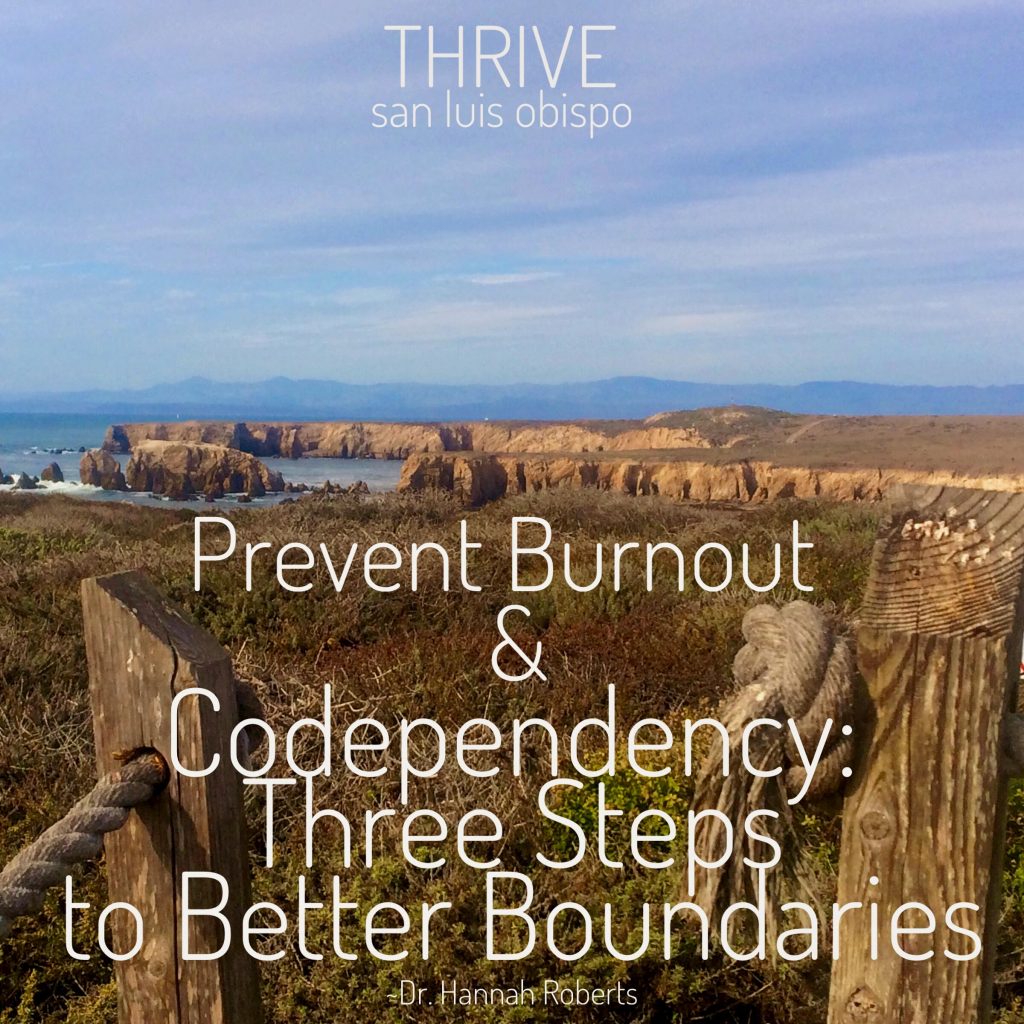
Letting Go
For the last 18 years or so, a main part of your identity has been about being a parent. You’ve been known as “Emily’s mom.” Your days have been structured around your child’s schedule: what time school begins, what lunch needs they have, what time you have to get to practice, and what groceries need to be picked up. Your house has been constantly filled with the ambient sounds of childhood: first the crying, cooing and babbling; then the sounds of playtime; and more recently, the musical tastes of teens (but let’s admit it: you liked some of their music). And now, everything is eerily quiet. Your days feel strangely empty. Shouldn’t you be doing something? Shouldn’t you be worried about something?
These first few months after your student leaves for college can be disconcerting. And when stressors do arise – you feel helpless and unsure how to help. You can’t just swoop in like you did before. There is the physical distance standing in your way, as well as the legal (yes, the dreaded FERPA restrictions), and psychological distance. That distance can feel like a giant abyss between you and your child.
Your instinct is to leap over that chasm and keep doing what you’ve been doing. At this point, you’ve been worrying and hovering over every scraped knee and every tear shed – it is a comfortable and familiar role for you! And now, today is the day to try something different. And it will be ok.
Giving Some Space
You want nothing more than for you child to be a fully functioning adult. Truly, you want that even more than you want to feel needed. And the only way your child is going to mature into an adult is to learn by doing. And to learn what not to do by doing, as well.
They will make mistakes (so many mistakes). They will change their mind (so many times). They will be disappointed. They will feel rejected. It’s going to hurt to watch these things play out or to see them make choices that may be different from those you would choose for them, but this is the only way for them to learn and grow.
Your role is to now serve as a consultant or advisor… from a distance. When they ask you for help, don’t deny it, but instead reflect questions back to them, asking them what solutions they can think of, including what they think would work best and what they think they can do. Your child’s [perceived] lack of success is not your failure. If you need to vent about these struggles, find an alternative listening ear and keep a neutral, reflective approach when you talk with your student.
Making Communication Clear
If you haven’t already had a conversation with your child about communication, now is the time. Talk about what their preference is and talk about what’s realistic for you. Find a middle ground if possible and talk about emergencies as well. At minimum, it’s probably best to have a dedicated once-weekly check-in time. I’m guessing early in the morning isn’t great for them, and late at night is not so good for you. We’ve often found Sunday afternoons are most convenient: there’s not as much happening on campus and you will be a welcome study break for them.
You might also discuss texting – how much is too much (for them) and how much is too little (for you). Most students welcome fun update texts (with pics of the family dog) that do not require a response. If you do need a response to a text, state that clearly in your message and include a specific time frame.
Set a reasonable expectation for home and campus visits. It is often helpful if your student can stay mostly on campus their first term. If they are missing you (or you are missing them), it might be easier for you to visit them. That way, they don’t sacrifice study time for travel and they can show you their space and introduce you to friends and roommates.
Finding Your Own Path
Be sure to acknowledge all of the many emotions you may be experiencing, both the positive and negative ones. Most of us get really uncomfortable with negative emotions… we don’t like feelings like grief, sadness, and fear. Yet, these are going to be very normal parts of your transition. Acknowledge all emotions, but do not make it your child’s responsibility to soothe those emotions, or expect your student to have the same emotions. What can be helpful is to identify the core value behind those emotions and reframe them in a positive way. You are sad because you miss someone you love. It’s ok to acknowledge the sadness, but keep the emphasis on the love. And if you find that these emotions are getting in the way of your own thriving, then make sure you find your own support with a parent group (Cal Poly’s Parent Facebook Page is great), your spouse, a great therapist, or coach (more about us here).
Use this newfound space and time to do something positive for yourself. What’s that thing you’ve been wanting to do? Set an example for you child by learning a new skill, picking up a hobby, or fostering a new friendship. You student may have secret fears that all your happiness, hopes, and dreams rest on their shoulder – this can contribute to an unspoken sense of pressure and anxiety. If your child sees that you are doing fine with this change, it lets them know that they can be ok with the change as well.
One last thought: Say “I love you” often. You can’t really say it too much. Even if they don’t always say it back. Words are so much more important when there’s physical distance and your love makes all the difference in your child’s confidence and success.

 Dear College Student:
Dear College Student:

